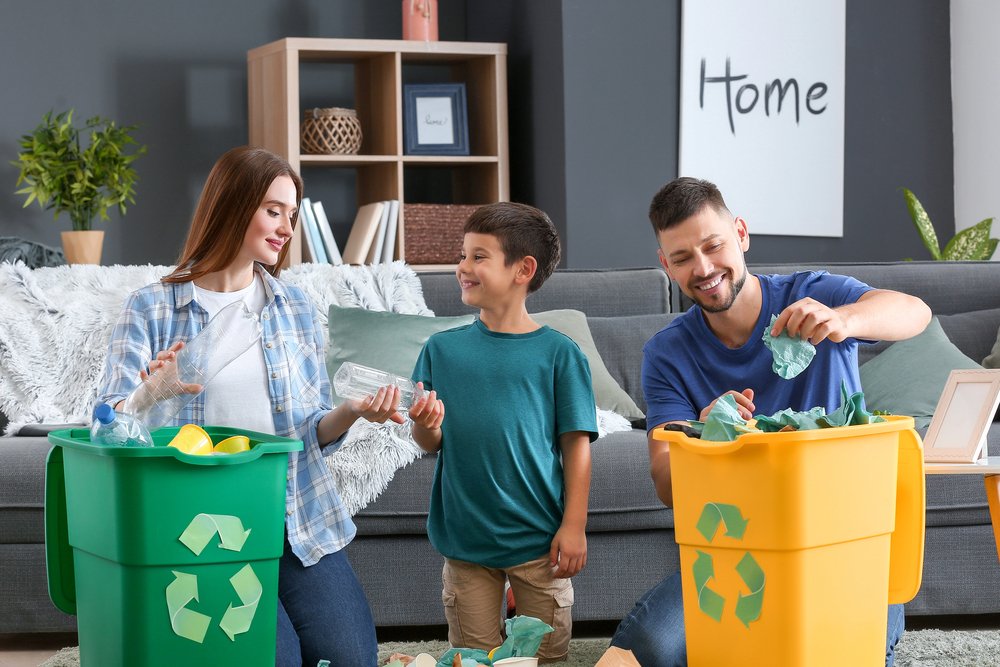
Recycling isn’t simply throwing bottles and cans into a blue bin it’s something you practice every day, which affects the health of your home, your community, and even your city. When you sort properly, you’re not merely keeping things clean; you’re taking action to defend the environment and minimize threats to your family’s health.

A quality recycling habit begins with an intelligent sorting mechanism. Whether you’re at home, in the office, or running a business, having clearly labeled bins for recycling, compost, and trash makes a world of difference. Color-coding or using stickers helps everyone know what goes where, making it easy to keep compostables out of the landfill and recyclables out of the trash.

Walking through your daily routine particularly in kitchens and shared spaces can expose areas where the majority of waste is created. Once you know the key waste hotspots, you can position bins in the areas that require them the most, encouraging everyone to participate in better recycling habits.

Understanding what goes into your recycling bin is crucial. Throughout much of the nation, including cities such as Hillsborough County and Portland, the basics are similar: empty plastic bottles and containers, clean aluminum cans, glass bottles and jars, dry paper products, cardboard, and cartons.

Items should be loosely tossed into the bin, never bagged, and always free from food residue and liquids. With plastics, the general rule is to recycle only bottles, jugs, tubs, and buckets. For instance, Portland accepts only plastic items over two inches in size with those specific shapes, regardless of the recycling number or symbol.

Recycling paper involves more than just tossing in yesterday’s mail. Flattened cardboard, office paper, magazines, and envelopes with plastic windows are typically accepted as long as they are clean and dry. Pizza boxes can be recycled only if they’re bare and only lightly greasy heavily soiled or wax-coated ones belong in the trash.

Everyone makes mistakes while recycling, but some errors are more common than others. Plastic bags are one of the top offenders they’re not allowed in curbside bins because they jam sorting machinery. Instead, they should be returned to grocery stores offering bag collection bins.

Other common mistakes include shredded paper, dirty napkins, food wrappers, and disposable cups. These items either contaminate clean recyclables or simply cannot be processed by standard recycling systems. Composting or trashing them is the proper alternative.

Certain items require special attention and disposal. Electronics, batteries, and household hazardous waste like paints, cleaners, and pesticides must never go in regular trash or recycling bins. Many communities, like Mecklenburg County and Westland Recycle Center, offer designated drop-off points for such items.

Recycling is made easier with community support and resources. From digital guides and hotlines to art contests and property manager programs for apartments, many tools are available to help you sort smarter. Every correct choice helps reduce landfill waste and pollution, creating a cleaner, safer environment bin by sorted bin.
